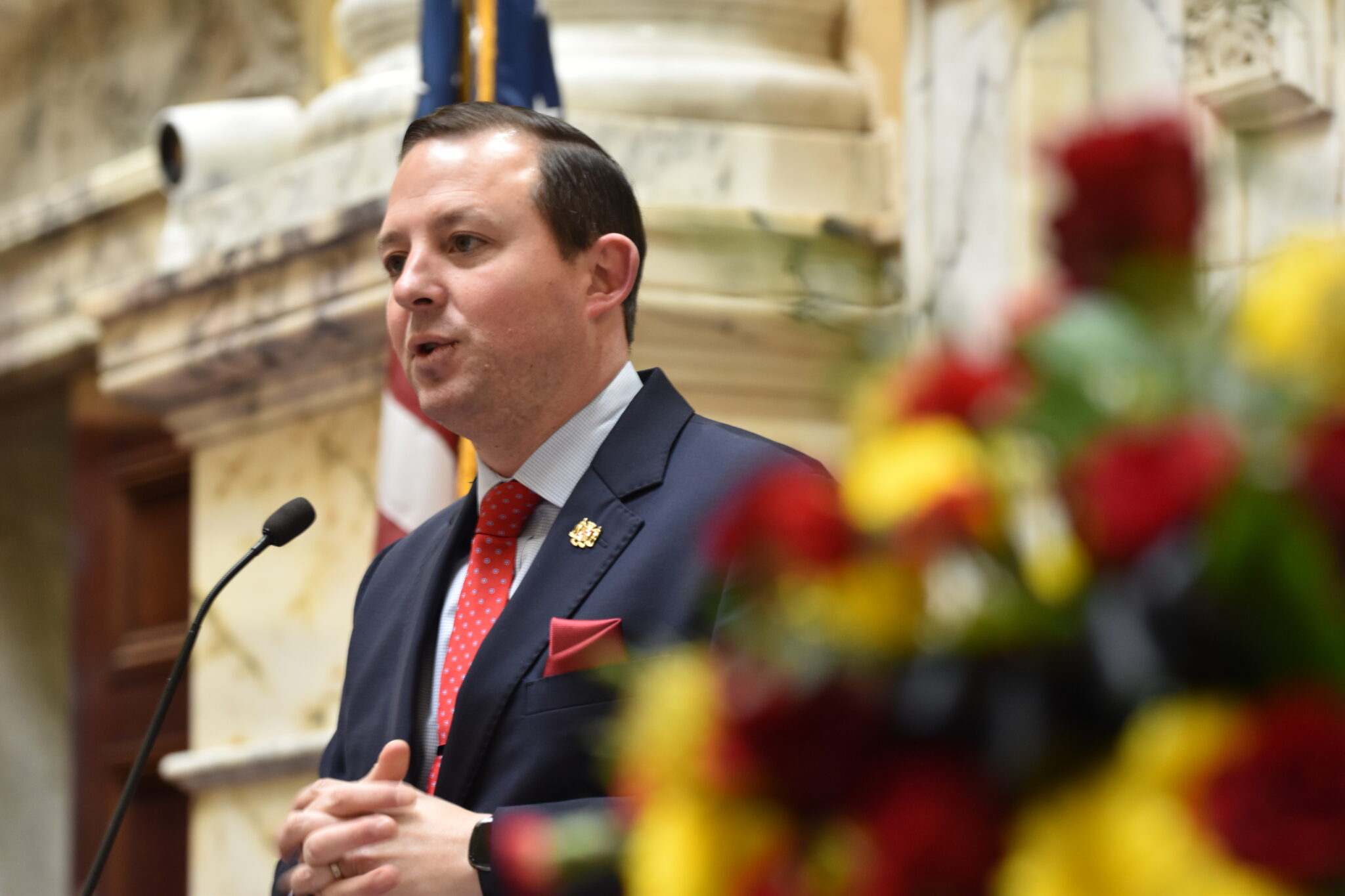Digital Giants Under Scrutiny: Tech Titans Grilled on AI's Child Safety Risks

In a proactive move to safeguard young users, the Federal Trade Commission (FTC) is diving deep into the world of AI chatbots, demanding comprehensive insights from tech giants like OpenAI and Meta about their protective measures.
The regulatory body is intensifying its scrutiny of artificial intelligence platforms, particularly focusing on how these companies are shielding younger users from potential risks. With AI chatbots becoming increasingly popular among teens and children, the FTC wants to understand the specific strategies and safeguards implemented to protect this vulnerable demographic.
Major tech companies are now under pressure to transparently demonstrate their commitment to user safety. The investigation aims to uncover potential vulnerabilities in AI interactions, exploring issues such as content filtering, age verification, and protection against inappropriate or harmful conversations.
This unprecedented examination signals a growing concern about the rapid expansion of AI technology and its impact on younger users. The FTC's inquiry represents a critical step in ensuring responsible AI development and deployment, prioritizing the digital well-being of children and adolescents in an increasingly AI-driven world.
As the tech landscape continues to evolve, this investigation could potentially set new industry standards for AI safety and responsible innovation.








